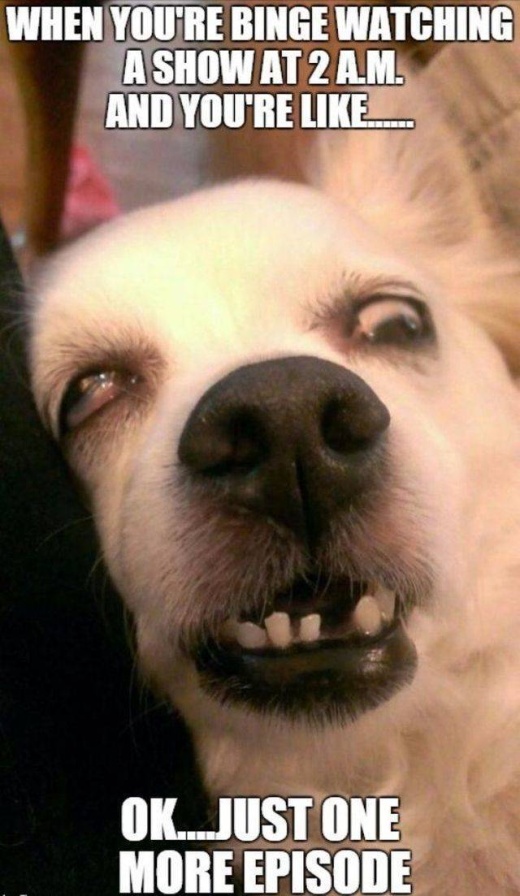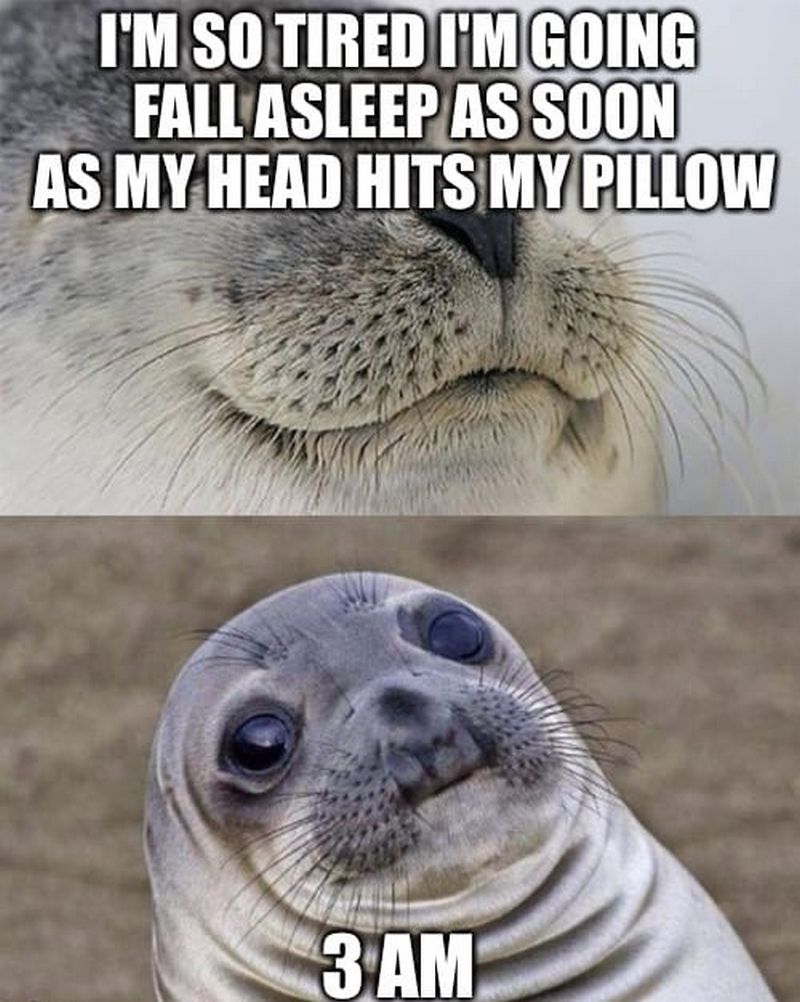Understanding The "Meme Tired" Phenomenon
In today’s fast-paced digital world, memes have become a universal language, offering a blend of humor and relatability that resonates with people from all walks of life. However, as the meme culture continues to evolve, a new sentiment has surfaced: the feeling of being “meme tired.” This phenomenon reflects a sense of exhaustion and saturation with the relentless stream of memes that flood our social media feeds. The sheer volume of memes can be overwhelming, leading to a state where the initial joy and laughter they brought can feel diminished. This article delves into the concept of meme tiredness, exploring its causes, implications, and how it affects our engagement with humor in the digital age.
Memes are designed to be shared, and their viral nature often leads to them being recycled and repackaged in various forms. However, this constant barrage can leave individuals feeling fatigued, as the same jokes and formats seem to resurface repeatedly. As we navigate through this landscape, it’s essential to understand the psychological aspects of meme fatigue and how it impacts our social interactions and mental health. We will also examine whether this phenomenon is a temporary phase or a sign of a more significant shift in meme culture.
In a world where the demand for fresh content is relentless, the pressure to keep up can be exhausting. The concept of meme tiredness raises important questions about our consumption habits and the sustainability of humor in a digital age. Are we losing our ability to appreciate creativity, or is it merely a natural evolution of our engagement with memes? Let’s explore these questions and more as we dive deeper into the realm of meme tiredness.
What Is Meme Tiredness?
Meme tiredness refers to the feeling of fatigue or boredom that arises from the repetitive nature of memes circulating online. This sense of exhaustion can stem from various factors, including the overwhelming volume of content, the unoriginality of jokes, and the pressure to stay updated with the latest trends. As memes become increasingly ubiquitous, individuals may find themselves scrolling past content that once made them laugh, leading to a sense of disconnection from the humor that once resonated.
How Does Meme Tiredness Affect Our Mental Health?
The impact of meme tiredness extends beyond mere annoyance. It can affect our mental health in several ways:
- Increased feelings of isolation as individuals disengage from shared humor.
- Lowered mood due to the lack of novelty in memes.
- A sense of pressure to keep up with trends, leading to stress.
- Potential disinterest in social media, affecting connections with friends and family.
What Are the Signs of Being Meme Tired?
Recognizing the signs of meme tiredness is crucial for maintaining a healthy relationship with social media and humor. Common indicators include:
- Feeling indifferent towards memes that once made you laugh.
- Experiencing a sense of annoyance when scrolling through social media.
- Finding it hard to relate to current meme trends.
- Feeling overwhelmed by the sheer volume of memes in your feed.
Is Meme Tiredness a Temporary Phase?
Many wonder if meme tiredness is just a fleeting phase in the ever-changing landscape of internet culture. While it’s possible that people may eventually find renewed enjoyment in memes, it’s essential to consider the patterns of digital consumption:
- The cycle of trends often leads to repetitive content.
- New formats and humor styles may emerge, potentially reviving interest.
- Generational shifts in humor may create divides in meme appreciation.
Can We Combat Meme Tiredness?
Combatting meme tiredness may require a conscious effort to diversify our content consumption. Here are some strategies to refresh your engagement with memes:
- Seek out niche meme communities that align with your interests.
- Limit your time on social media to avoid overwhelming fatigue.
- Engage with creative content beyond traditional memes, such as webcomics or art.
- Participate in meme creation to add a personal touch to humor.
What Role Do Memes Play in Our Lives?
Memes serve as a reflection of our society, highlighting cultural moments, shared experiences, and collective humor. Despite the potential for meme tiredness, they also foster connection and camaraderie among users. By understanding their role, we can appreciate the significance of memes beyond mere entertainment.
Can Meme Tiredness Be Resolved?
Resolving meme tiredness involves a collective shift in how we consume and create memes. As users, we can curate our feeds, seeking out diversity and creativity that reinvigorates our experience. Additionally, creators can strive for originality and freshness in their content, breaking away from repetitive formats that contribute to fatigue.
Are There Alternatives to Traditional Memes?
As we navigate the world of humor, it’s worth exploring alternatives to traditional memes that may spark joy and creativity:
- Animated GIFs that capture moments in a new light.
- Short videos or skits that emphasize storytelling.
- Interactive content that engages users in unique ways.
- Artistic interpretations of humor that showcase creativity.
Conclusion: Embracing a New Era of Humor
Understanding the phenomenon of meme tiredness is crucial as we navigate the ever-evolving landscape of digital humor. By recognizing its signs and impacts, we can take conscious steps to refresh our engagement with memes and foster a healthier relationship with humor online. Embracing diversity in our meme consumption and creation can lead to renewed appreciation and connection, ultimately enriching our digital experiences.
Unveiling The Mystery Of Freakbob Penis: A Comprehensive Exploration
Exploring The Enigma Of Maxi Ibrahimovic's Height
Exploring The Fascinating World Of Feet9



ncG1vNJzZmiqn5i4o77InZ6emqKqtq%2B%2FjaipoGekmrCpsdeppquso6jCs7zArKpopZWism7AyKucnWaYqbqt
